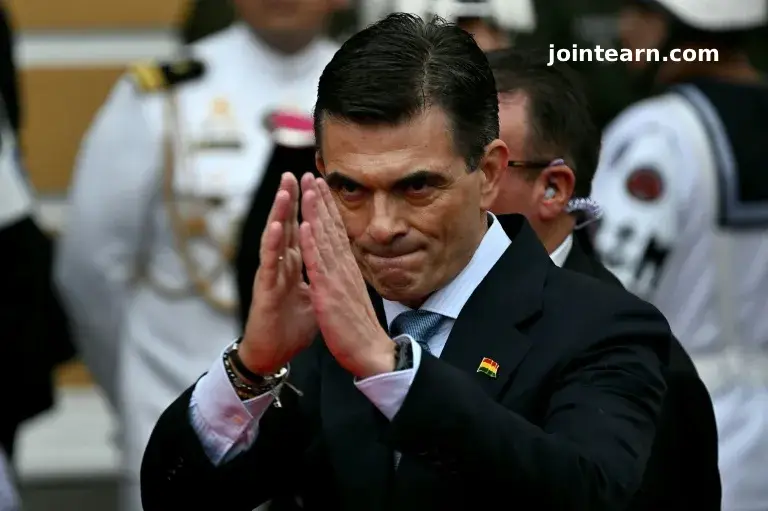
Rodrigo Paz, a pro-business conservative, was inaugurated as Bolivia’s president on Saturday, ending nearly two decades of socialist rule and inheriting a country in the grip of severe economic challenges. The 58-year-old son of a former Bolivian president took his oath at the national congress in La Paz amid torrential rain, drawing applause from attendees and foreign delegations.
Inauguration and Vision
During his inauguration speech, Paz emphasized a break from the past, promising to open Bolivia to the international community after twenty years of leftist governance.
“God, family and country: yes, I take the oath of office,” Paz declared.
Under former President Evo Morales (2006–2019), Bolivia pursued socialist policies, including the nationalization of energy resources, strengthened alliances with China, Russia, Cuba, and Venezuela, and strained relations with the United States. Paz, signaling a new era, restored ambassador-level diplomatic relations with Washington, ending a 17-year hiatus.
“Never again an isolated Bolivia, bound by failed ideologies, or a Bolivia with its back turned to the world,” he said.
Economic Challenges
Paz inherits one of Bolivia’s most severe economic crises in decades. Key challenges include:
- Year-on-year inflation exceeding 20%
- Chronic shortages of fuel and foreign currency
- Empty hard currency reserves, depleted by the outgoing government of Luis Arce to maintain fuel subsidies
- Long queues for motorists seeking gasoline and diesel
Economists warn that balancing economic stabilization with ongoing social spending will be difficult, if not impossible, given the country’s current fiscal situation.
Policy Agenda
On the campaign trail, Paz advocated a “capitalism for all” approach, promising:
- Decentralization of government authority
- Lower taxes to encourage investment
- Fiscal discipline
- Continuation of social programs to protect vulnerable populations
Paz’s administration faces the dual challenge of reviving Bolivia’s economy while maintaining social stability, as the country seeks to regain investor confidence and international credibility.
International Engagement
Paz’s swearing-in ceremony was attended by delegations from over 70 countries, reflecting the president’s commitment to reintegrate Bolivia into the global community and strengthen bilateral and multilateral partnerships.
His leadership marks a significant shift in Bolivia’s political and economic trajectory, moving from isolationist socialist policies toward market-oriented reforms aimed at stabilizing the economy and fostering growth.


Leave a Reply